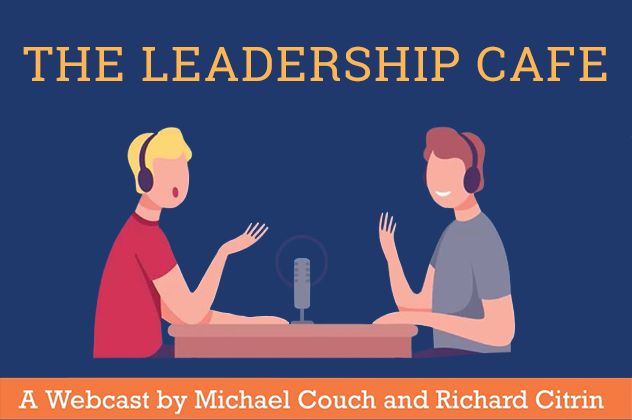Last week, I arranged for a house gutter cleaning. When the worker climbed up the ladder, he quickly came back down, alarmed. He informed me that a large wasp nest was lodged under my shingles, making cleaning a portion of the drain impossible.
Seeking a solution, I contacted a friend of mine who is a beekeeper, who referred me to “Jim, The Bee Hunter.”
A few days later, Jim arrived and verified the large nest. I asked if there was any redeeming value to wasps, and he told me that while they were pollinators and insect predators, they were also intruders, and I did not want them to go further and become squatters in my attic. I didn’t need much convincing, but I do have a general principle about not wanting to kill living beings
Jim promptly removed the nest.
This experience made me think about how some people trespass into our lives in various ways:
- A friend who frequently asks for favors but is never available when you need help.
- A family member who leans on you for support but is too busy when you need a listening ear.
- A coworker who doesn’t complete their share of the work leaves you to pick up the slack to ensure the project gets done.
Our actions often contribute to others taking advantage of us. This is usually because we struggle to say “no” due to our desire to be liked, help others succeed, or fear of speaking honestly.
To address this issue, I like to use the “Rule of Three” to make sure kindness is not being exploited:
- Be Helpful: Research shows that helping others is one of the key behaviors that lead to happiness and it usually gives us joy to do so and we also derive gratitude from being helped
- Reciprocity: While we don’t keep a tally, we naturally expect some level of mutuality. This is the law of reciprocity, where others reflect our helpfulness by contributing to making our lives better. If there is no reciprocity, you are behind the eight ball.
- Set Boundaries: If there is no sense of mutual support or concern by the third time, you may consider that your friend or colleague has struck out. It’s time to take action to ensure you’re not overextending yourself in the relationship. This might mean saying “no” or addressing the situation directly by saying, “Hey, what’s up?”
Resilience requires effort, and we only have so much energy to give each day. It’s crucial to use our energy wisely by surrounding ourselves with people who uplift us, not drain us. Taking decisive action to protect our good nature is not just important—it’s essential. By setting boundaries and ensuring reciprocity, we can maintain our resilience and ensure that our kindness becomes a superpower and not our kryptonite.
© Richard Citrin 2024

